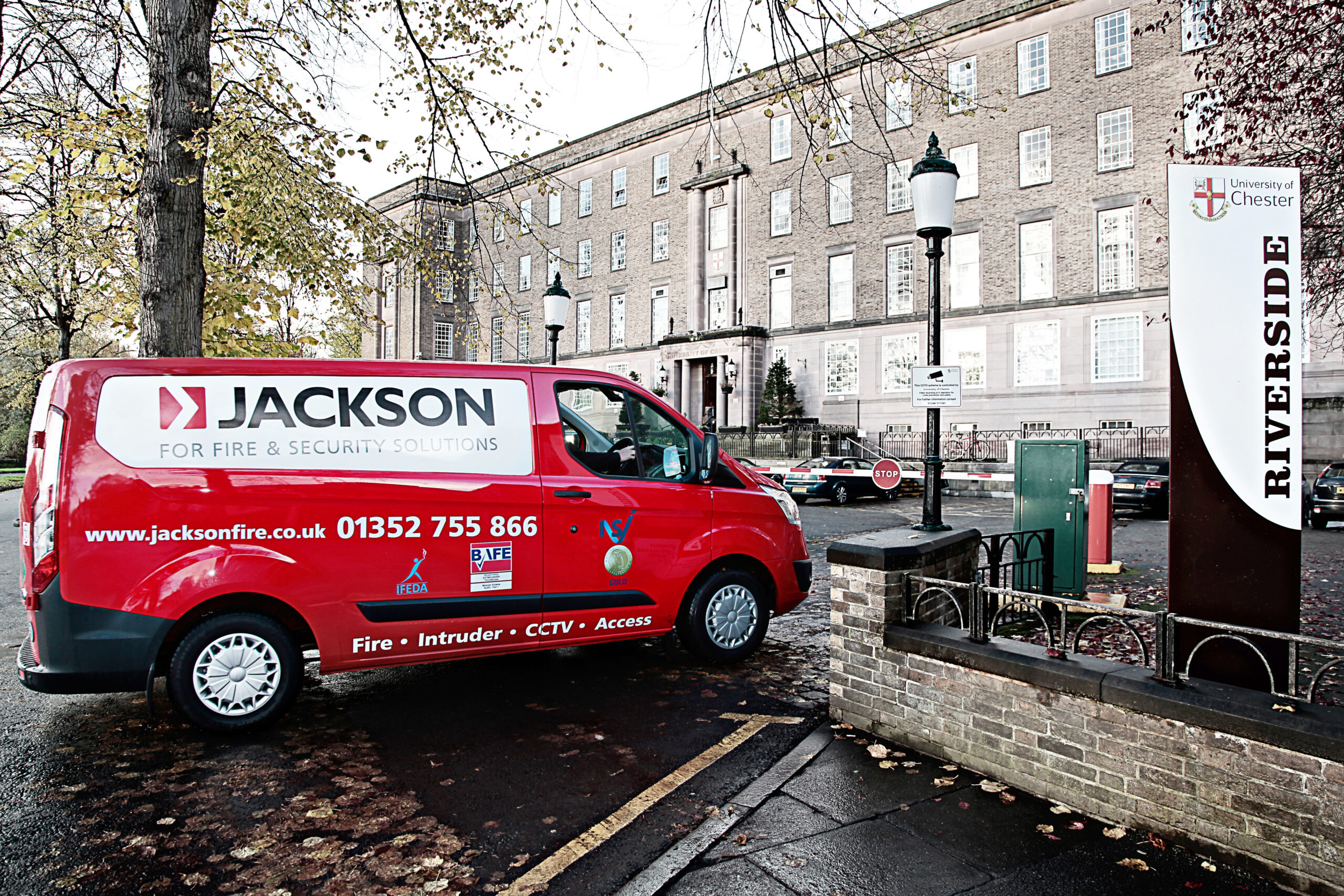Can you imagine what it’s like being a student at the moment? The chances are it is very different to the experience many would have anticipated at the start of this year.
And at a time when they’re probably finding life more challenging than they could ever have expected, students in Dundee have also had to deal with an additional source of stress. In October it was reported that students living in the privately owned Hub halls of residence, used as accommodation predominantly by Dundee University and Abertay University, were struggling to sleep due to a fire alarm constantly triggering. The Scottish Fire and Rescue Service responded to several callouts, all of which were false alarms. It caused such distress that one student apparently moved out temporarily, and others were sleeping in bathrooms to try to get away from the noise. As well as all the disturbance and disruption, this could have another worrying potential consequence: those students become far less likely to react to a genuine alarm.
The impact of continual false alarms
This is a significant concern that was dramatically illustrated a year ago when there was a fire at privately owned flats, known as The Cube, used by students at Bolton University. Many students didn’t start evacuating in response to the fire alarm sounding because they had grown accustomed to false fire alarms going off almost daily. The danger only became clear to some when they heard screaming – and as the investigation later revealed, the situation was literally seconds away from becoming an appalling tragedy involving loss of life.
The challenge of student fire safety
Student halls of residence are undoubtedly challenging environments from a fire safety perspective. The student lifestyle is typically associated with a reduced level of caution when it comes to appreciating risk, and a tendency to not always think through potential consequences. The social aspects of student life can mean impaired judgements about what is and isn’t safe behaviour in fire safety terms. The devastating Cube fire, for example, was believed to have been caused by a discarded cigarette.
Managing the range of risks
There are a variety of risks in this type of accommodation. Fires could potentially break out around communal kitchen areas, particularly if cooking is left unattended. With students likely to be using a substantial number of electrical appliances, electrical safety could be an issue especially if appliances are in a poor state of repair. Students might also use extension leads and adapters which could result in overloading the system. Some electrical appliances, like hair straighteners, are also a direct source of heat with the potential to ignite a fire if plugged in and forgotten about.
While smoking is prohibited inside university accommodation, there could still be instances where some students do it. Sources of open flames like tea-lights and candles present obvious dangers and will not be permitted. The use of heaters will also be strictly forbidden. But there is always a risk that these kinds of restrictions are ignored by a minority, putting everyone else in danger as a result.
Effective fire detection systems are critical
While fire detection systems need to be sensitive enough to respond swiftly to a fire breaking out, it also creates the problem of false alarms being triggered. There are many reasons why false fire alarms happen. Kitchens are notoriously difficult areas, with steam and smoke from burning food being very common causes. Sensors can also be affected by things like aerosol sprays and even insects.
Fire detectors must be able to detect genuine fires but not be triggered inappropriately; first and foremost that requires fire alarm detection systems to be correctly specified and installed and then properly checked and maintained. There are various things that can be done with existing systems to reduce the issue of false alarms and a competent person will be able to advise accordingly depending on the specifics and layout of each system. If the time has come to think about replacing your system, there are also options available that use technology specifically designed to reduce false alarms.
At Jackson Fire and Security we offer a range of fire alarm solutions that incorporate No False Alarm technology. In fact, such is our confidence in our No False Alarm promise that if a false alarm does occur at a cost to our client, we will pay back £1,000.
If you would like further information about our fire alarm maintenance services and fire alarm solutions, then please do get in contact with us.
